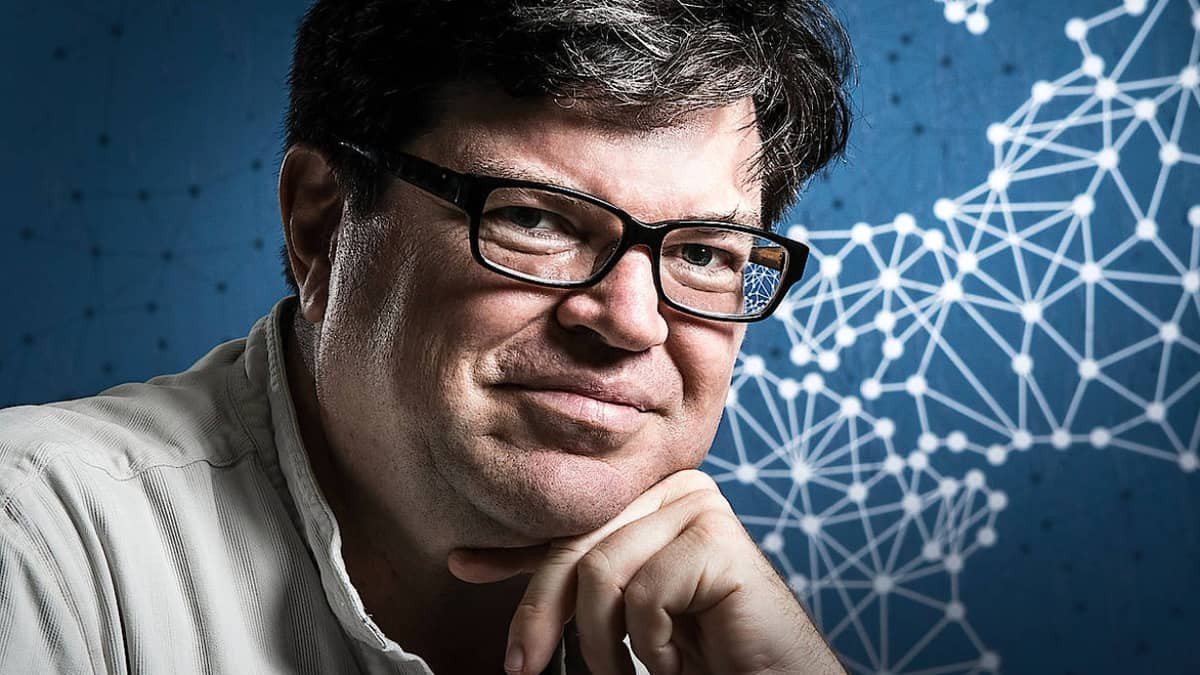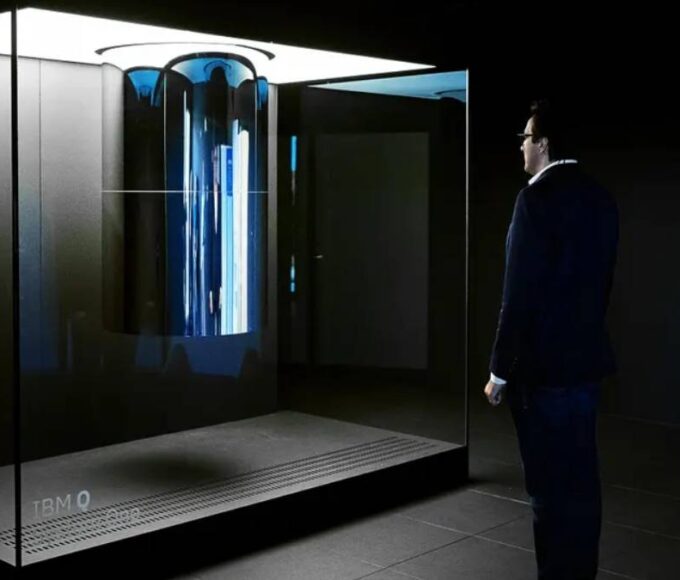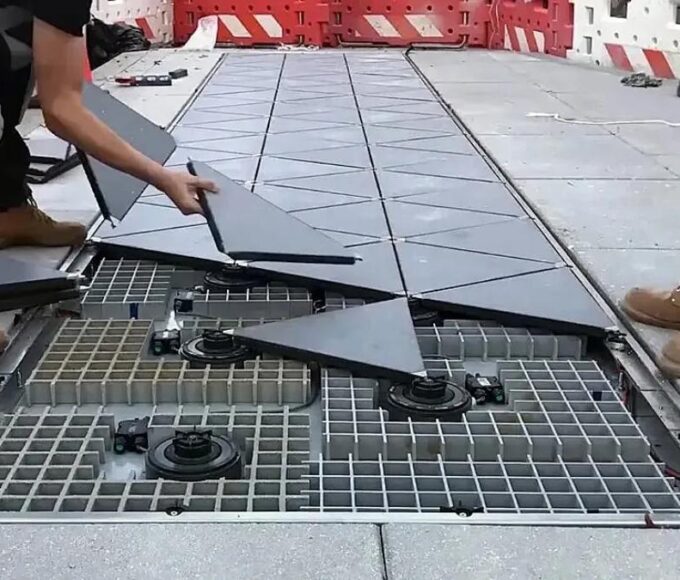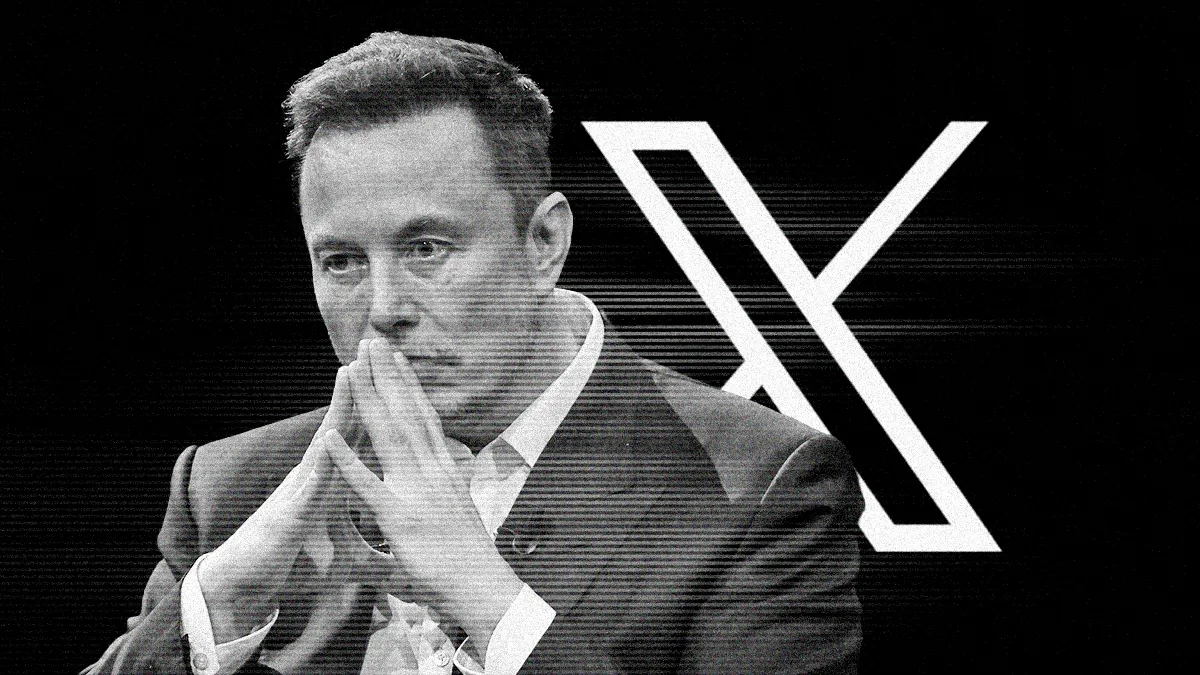Yann LeCun, Meta’s Chief AI Scientist, has made strong predictions about the future of artificial intelligence.
Speaking at the World Economic Forum in Davos, he said that the AI we know today, including generative AI and large language models (LLMs), will soon be outdated.
Current AI Models Won’t Last Long
LeCun believes that in the next three to five years, “nobody in their right mind would use” current AI technologies.
He explained that while these models can do basic tasks, they have many limitations. He predicts a “paradigm shift” in AI, where new systems will overcome these shortcomings.
The Decade of Robotics
LeCun also believes that the next few years will bring the “decade of robotics.” He predicts that robots combined with AI will create new ways of using technology. These systems will be able to do more complex tasks than current AI models.
Why Current AI Models Are Limited
LeCun listed four reasons why today’s AI models fall short:
- They lack understanding of the physical world.
- They don’t have continuous memory.
- They cannot reason like humans.
- They struggle with complex planning tasks.
A New Revolution in AI
LeCun thinks that AI will undergo a major revolution in the coming years. He explained that the next generation of AI will be very different from what we have today.
These systems may be able to build mental models of the world, understand common sense, and learn by observing the world.
Meta’s Plans for the Future
LeCun revealed that Meta’s AI labs are working on creating these new systems. He hopes that within three to five years, they will have AI models that can think and reason in ways current models cannot.
The Future of AI
Although the AI revolution may still be a few years away, LeCun believes that the big change could come sooner.
As AI continues to progress, we could soon see a new era of technology that combines AI with robotics to create more powerful systems.
Yann LeCun’s predictions suggest that AI is about to go through a major transformation. The current models may soon be outdated, and we may enter a new era of AI and robotics. The future of AI looks very different from what we see today.












Leave a comment